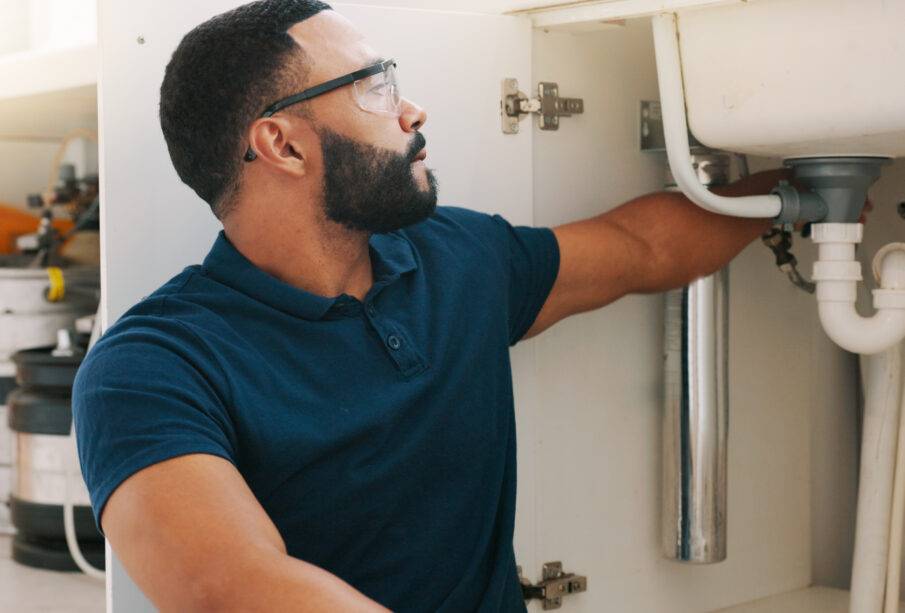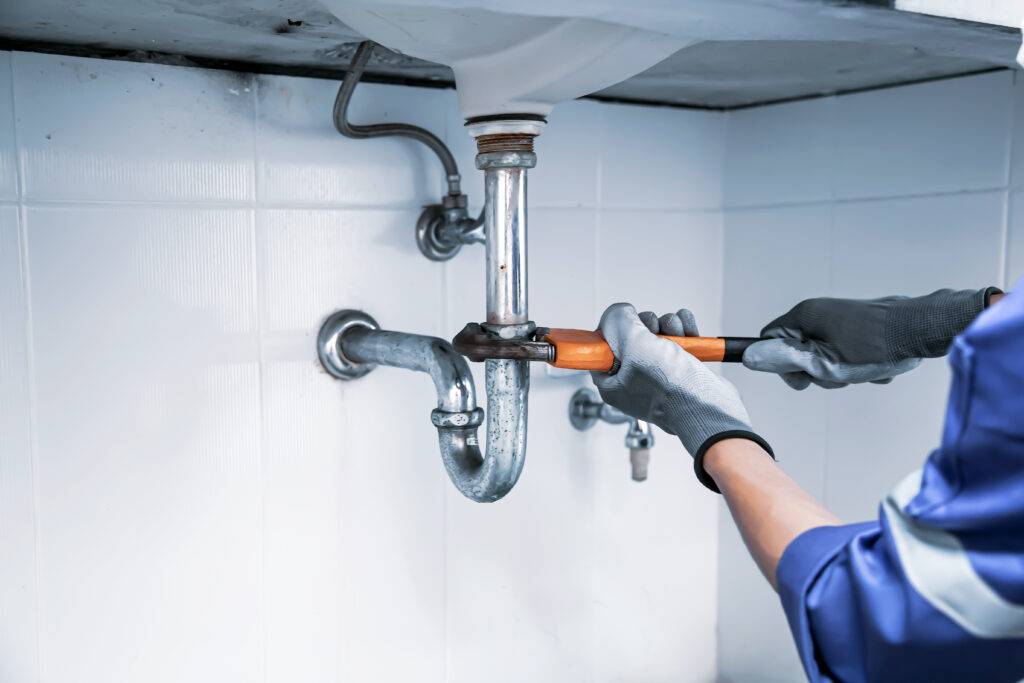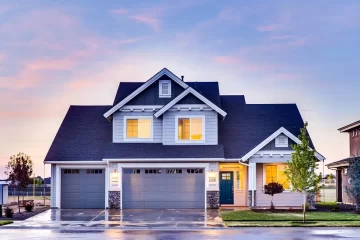When To DIY And When To Call A Pro: Navigating Home Plumbing Repairs

Plumber black man, kitchen and sink maintenance with tools, focus and pipe repair for drainage in home. Entrepreneur handyman, plumbing expert or small business owner in house for fixing water system.
Plumbing issues can strike at any moment, leaving you scrambling for a solution. From leaky faucets to clogged drains, these pesky problems can quickly spiral out of control. But before you reach for your toolbox or dial a plumber, it’s crucial to assess the situation.
Knowing when to take on a do-it-yourself (DIY) project and when to seek professional help can save you time, money, and a whole lot of headaches. But before everything else, it’s critical to get familiar with your home’s plumbing, which involves more than just pipes and faucets. It includes the water supply, drainage, and ventilation systems.
A basic understanding will help you identify problems and communicate effectively with professionals, should the need arise. Read on to make a well-informed decision when dealing with home plumbing repairs.
Common DIY Plumbing Repairs
Some plumbing issues are ideal for DIY solutions. They require minimal tools and a bit of know-how. Although some experts may encourage you to get professional assistance with statements like ‘discover how we handle plumbing issues’ or ‘let us do the job for you,’ engaging in DIY plumbing tasks is a rewarding experience.
DIY plumbing repairs offer a unique opportunity to take matters into your own hands, providing both a sense of accomplishment and the potential to save on costly professional fees. Whether you’re motivated by the desire to learn new skills or simply looking to fix a minor issue quickly, there’s a range of plumbing problems that are well-suited to the enthusiastic homeowner.
Below are some of the most common repairs that you can confidently address yourself:
- Fixing Leaky Faucets: A leaky faucet is not just a source of irritation; it can also contribute to unnecessary water waste and increased utility bills. The good news is that this issue is often caused by a worn-out washer or O-ring, which you can easily replace with minimal effort and basic tools.
- Unclogging Drains: A clogged or slow drain is a frequent nuisance that doesn’t always necessitate a call to the plumber. Using a plunger, a plumber’s snake, or a simple home concoction of baking soda and vinegar can effectively clear most blockages. However, it’s advisable to steer clear of chemical drain cleaners, as they can damage your plumbing over time.
- Replacing Showerheads: Changing a showerhead is an easy upgrade that can enhance your shower experience. With the water supply turned off, you can remove the old showerhead and install a new one with just a few twists. This task not only offers an immediate improvement in water flow and spray patterns but also provides a chance to personalize your bathroom.
With the right tools and a bit of patience, these tasks are manageable and can prevent minor issues from turning into major ones. So, next time you encounter one of these plumbing challenges, consider giving it a DIY try before calling in the professionals.

When To Call A Professional Plumber
Tackling some plumbing issues on your own can be tempting, but it’s crucial to recognize when the problem is beyond a quick DIY fix. This is especially true when dealing with a bathroom renovation. Knowing when to call in a professional can save you from a potential disaster. Here are some scenarios when it’s advisable to seek professional help:
- Major Leaks: When facing a major leak, it’s essential to call a professional plumber. Major leaks can lead to significant damage if not addressed promptly and properly. An experienced plumber can efficiently identify the source of the leak and fix it, preventing further damage to your property.
- Installing New Pipes or Fixtures: The installation of new pipes or fixtures involves a complex understanding of your plumbing system. Mistakes during installation can result in leaks or water damage. For these tasks, relying on the expertise of a professional plumber ensures the job is done right, safeguarding your home against potential issues.
- Sewer Line Problems: Issues with sewer lines are not only unpleasant but can also pose significant health risks. Symptoms of sewer line problems include multiple clogged drains, bad smells, or water pooling in your yard. These problems often require specialized equipment and knowledge, making them too complex for a DIY fix.
- Gas Line Repairs: Repairs involving gas lines should always be handled by professionals. The risks associated with gas leaks, including the potential for explosions, make it unsafe to attempt repairs on your own. Professional plumbers have the necessary training and tools to safely conduct gas line repairs, ensuring your safety and peace of mind.
Recognizing when to find a professional plumber is essential for maintaining the safety and integrity of your home. By calling in a pro for these specific scenarios, you can avoid the risks of further damage or personal injury.
The Bottom Line
Deciding between a DIY fix and calling a professional depends on the issue at hand, your skills, and the potential risks. For simple repairs, a DIY approach can be rewarding and cost-effective. However, for complex or dangerous tasks, it’s best to rely on professional expertise. Your home’s plumbing is vital to your comfort and safety, so choose your approach wisely.










